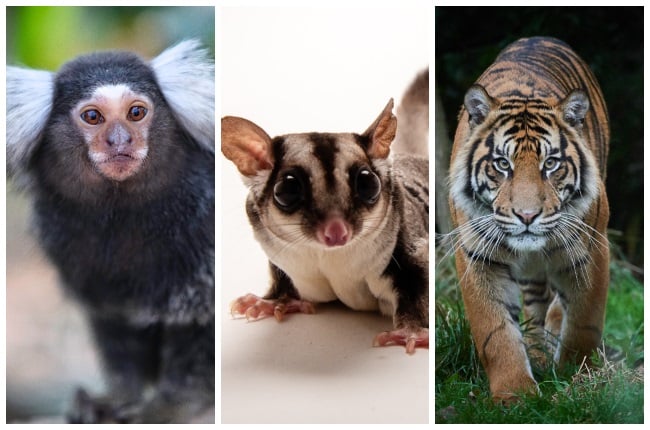Exotic pets have gained popularity among animal enthusiasts in South Africa due to their unique appearance and the allure of owning something out of the ordinary. However, while the idea of owning an exotic pet may seem exciting, it is essential to understand the potential risks and challenges associated with such ownership. In this article, we will explore the various factors that prospective exotic pet owners should consider before making this decision.
1. Legal and Regulatory ConcernsOne of the primary challenges of owning an exotic pet in South Africa is navigating the legal and regulatory landscape. The country has specific laws in place to protect native wildlife, prevent illegal wildlife trade, and ensure animal welfare. The importation, possession, and trade of certain exotic species may require permits or licenses, and failure to comply with these regulations can result in fines, confiscation of the animal, or even criminal charges.
2. Ethical ConsiderationsExotic pets often originate from different parts of the world and may be subjected to stressful and potentially harmful conditions during capture, transportation, and captivity. The exotic pet trade can contribute to habitat destruction, endanger native species, and exploit vulnerable populations. Prospective owners should critically evaluate the ethical implications of acquiring an exotic pet and consider supporting conservation efforts instead.
3. Health and Safety RisksOwning an exotic pet poses unique health and safety risks. Some exotic animals may carry zoonotic diseases, which can be transmitted to humans. Proper hygiene practices, regular veterinary care, and understanding the specific needs of the animal are crucial to minimizing these risks. Additionally, exotic pets may exhibit unpredictable behavior, posing potential dangers to owners, family members, and other pets in the household.
4. Specialized Care and DietExotic pets often have complex dietary and environmental requirements that differ from those of traditional pets. Providing appropriate care can be challenging, time-consuming, and expensive. Some exotic species have specific temperature, humidity, and lighting needs, requiring owners to invest in specialized equipment. Access to knowledgeable veterinarians with expertise in exotic animals may also be limited in certain areas, making proper healthcare a challenge.
5. Longevity and LifespanExotic pets have varying lifespans, and some species may live much longer than traditional pets. Prospective owners must be prepared for the long-term commitment and responsibility that comes with caring for an exotic pet. Changes in personal circumstances, such as relocation, financial constraints, or lifestyle adjustments, may pose challenges in meeting the animal's long-term needs.
6. Socialization and Environmental EnrichmentExotic animals often have complex social and environmental needs that must be adequately met to ensure their well-being. Isolation or improper socialization can lead to behavioral issues and affect the animal's overall quality of life. Providing suitable mental and physical stimulation can be demanding, as exotic pets may require extensive space, specialized equipment, and time-intensive interactions.
ConclusionOwning an exotic pet in South Africa can be a rewarding experience, but it comes with inherent risks and challenges. Before deciding to acquire an exotic pet, it is crucial to thoroughly research and understand the legal requirements, ethical implications, and the specific needs of the species in question. Potential owners should carefully consider the long-term commitment, financial implications, and the availability of resources and expertise required to provide proper care. By being informed and responsible, individuals can make a well-informed decision that ensures the well-being of both the exotic pet and the conservation of native wildlife.




